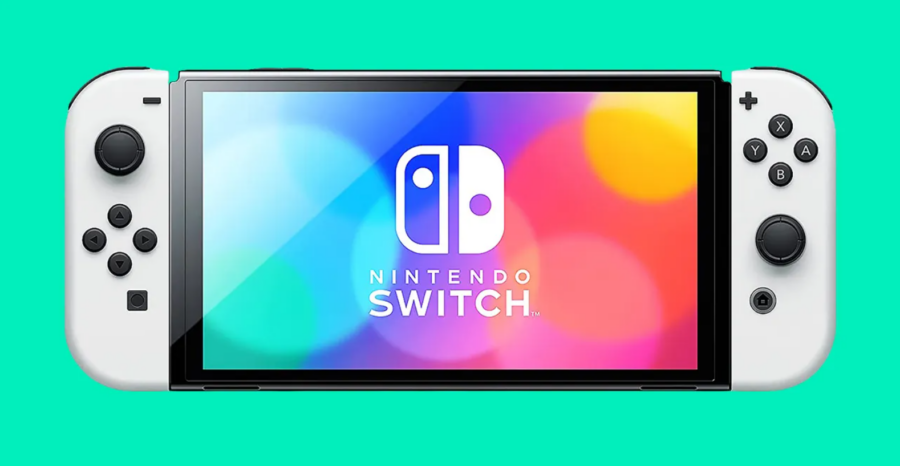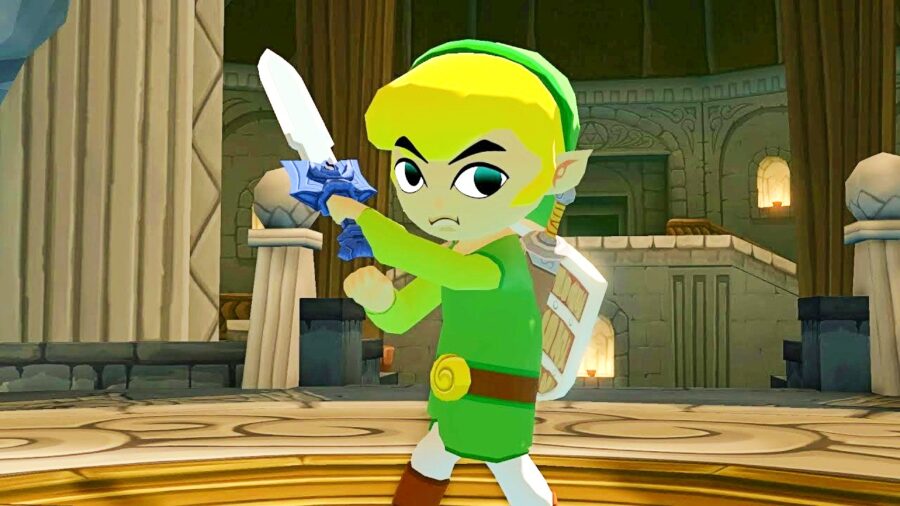Nintendo Hacker Released From Prison But Is Still Paying For His Crimes
Hacker Gary Bowser is out of prison but owes Nintendo part of his earnings for the rest of his life.

Gary Bowser, a member of the hacking group Team Xecuter, was released from prison for good behavior, but he’ll pay for his crimes for the rest of his life. Court has ordered Bowser (imagine that!) to pay Nintendo $10 million in damages—an astronomical sum by all accounts. Nintendo is known for inquisitorial persecutions of those who infringe upon their intellectual property, demonetizing a popular Zelda YouTuber, or going after pirate websites that share ROMs of Nintendo’s games.
According to Kotaku, Bowser was previously sentenced to 40 months and a $10 million dollar fine which he has to repay to Nintendo. The Japanese company will take approximately 25% to 30% of his monthly gross income for the rest of his working life to compensate for the damages he was court-ordered to pay out. Nintendo actually began collecting while Bowser was still in prison—he earned $175 while behind bars, and Nintendo took its $25 due. For those who aren’t familiar with the story, Bowser’s crime concerns piracy.
Bowser was part of Team Xecutor, which fabricates and sells modchips for Nintendo’s consoles. These modchips, when instilled in a particular console, allow gamers to bypass the copyright protection implementations set by Nintendo and play pirated games on their Nintendo consoles—basically, players could download a game ROM from a piracy website like ROMUniverse (now defunct) and play them without having to buy them. Of course, this is largely frowned upon in the corporate software world, and Nintendo is pretty harsh when it comes to piracy.
And Nintendo’s reaction is reasonable: the company makes the games that it sells to make money, and consoles, need games to sell and make more money for the further development of other games. So, it’s quite reasonable as to why the company dislikes piracy, however, ordering an individual to pay out $10 million in damages might be a bit harsh. It can even be cruel, considering that Bowser likely won’t be able to pay out the damages for the rest of his life, and worst of all, he’s actually not the brains behind the modchips—he’s a salesman for the hacker collective.

This is where the discussion gets interesting as while there are those who believe that the punishment befits the crime, let’s discuss the sins of Nintendo and the other side of the piracy coin. Nintendo doesn’t actually need the $10 million from Bowser; Switch sales have achieved a huge record in sales of both the hardware and the software. This fine is specifically designed to be so cruel and scary as to deter other people from piracy, don’t get us wrong, we don’t condone software piracy, but this is excessive, and combating piracy over the backs of a single person is unnecessary.
Especially since the company hasn’t been too kind to its paying customers, the Nintendo JoyCon, which has the biggest design flaw in gaming accessories, was never fixed. The hardware is known for overheating, which is why Nintendo has continually issued a warning to Switch owners—a warning, not a solution to the problem.
It’s not just the latest console being modded, as the Wii and GameCube have very active modding communities, which mostly pirate games that aren’t accessible on the Nintendo Switch Online service or simply can’t be accessed otherwise, as Nintendo isn’t interested in porting them. So, no harm, no foul? Nintendo isn’t selling these games, and while Boswer helped make a modchip accessible, he didn’t personally compel anyone to buy the modchip, install it, and download a 20-year-old game that Nintendo isn’t making a profit off.













